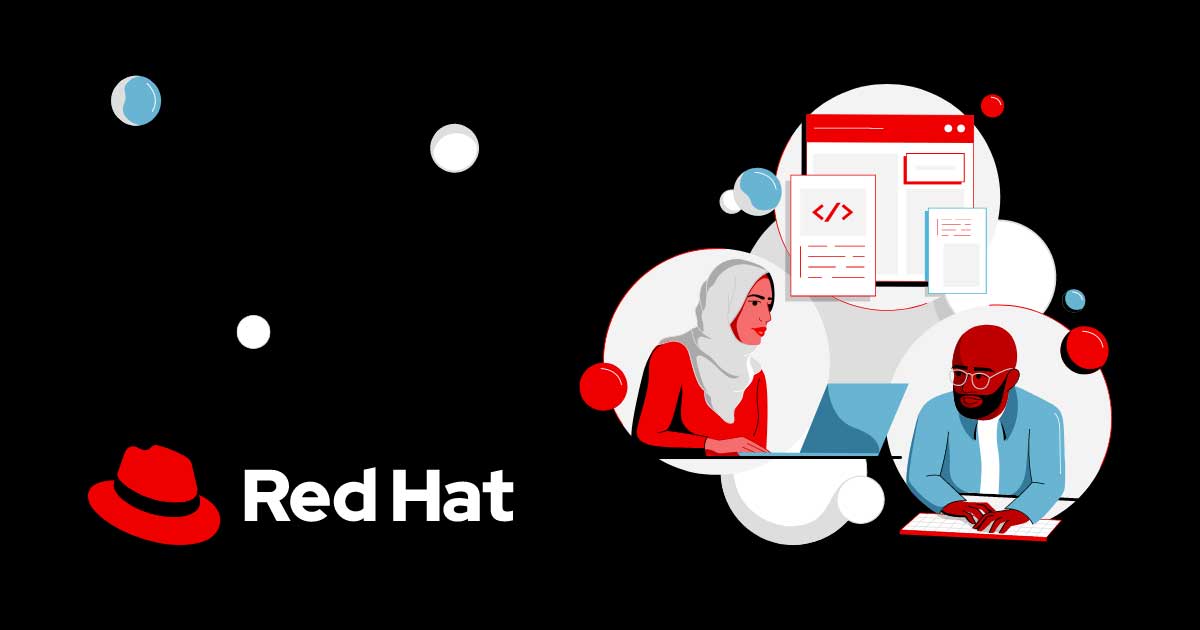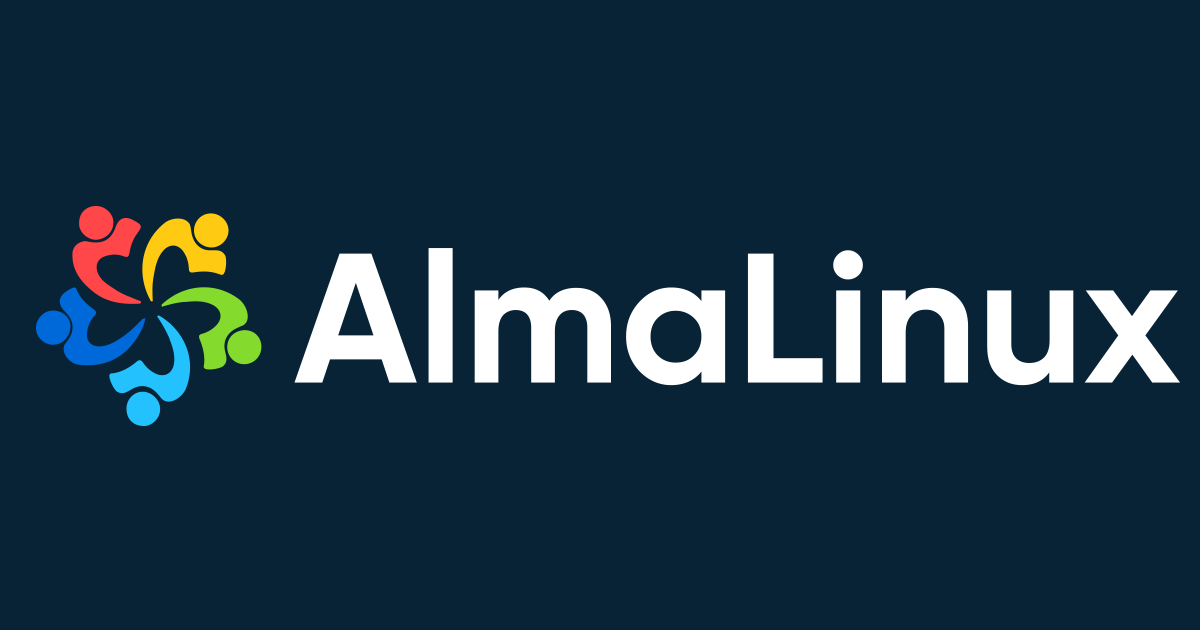Plenty of data centers using it. We have 3 locations with over a thousand fedora instances.
The entire AWS stack is built on Fedora. AWS is probably the largest cloud provider.
Starting in 2022, AWS's Amazon Linux will be based on Red Hat's Fedora community Linux.

www.zdnet.com
If you want things like automation manager, you have to pay.
Not that I endorse this, but this is what RH has to say about that. I am more of an open source person myself but managers, who make the decisions love RHEL. It's a God-given 11th Commandment, best thing after sliced bread. In my environment, I fought really hard to include Oracle Linux, it's filling the niche that CentOS used to occupy but aside from a few test machines, it essentially went nowhere. I had to do STIGs to get the boxes compliant and we got ATO (Authority to Operate) on RHEL and that is what we are stuck with. It would have worked just as well on Oracle Linux or Rocky.
Both are operating system technologies, but Fedora is built by an open source community while Red Hat Enterprise Linux is developed by Red Hat with the explicit intent of being used as an enterprise IT platform.

www.redhat.com
Enterprise vs. community Linux distros
Linux distributions are available as community versions or enterprise versions. A community distro is a free Linux distro primarily supported and maintained by the
open source community. An enterprise—or commercial—Linux distro is available through a subscription from a vendor and does not rely solely on community support.
The primary difference between community and enterprise distros is who decides what’s important to users. A community distro’s direction is set by contributors, who choose and maintain packages from the wide variety of open source options. The direction of an enterprise distro is set by a vendor, based on the needs of their customers.
Think about it like this.
The Fedora project is the upstream, community distro of
Red Hat® Enterprise Linux. Red Hat is the project’s primary sponsor, but thousands of independent developers also contribute to the Fedora project. Each of these contributors, including Red Hat, bring their own new ideas to be tested and debated for inclusion by the larger community into Fedora Linux. This also makes Fedora an ideal place for Red Hat to put features through its own distinct set of tests and quality assurance processes, and those features eventually get incorporated into a version of Red Hat Enterprise Linux.
Learn more about these differences
What are the benefits of an enterprise distro?
If Linux is free and open source, why would you want to pay for a commercial distribution? Community distros are a great option for people who are new to Linux and don’t have much experience with the command line, or who just want to play around and experiment. If you’re trying to support a
server for a long period of time, community distros like Fedora might not be the best choice.
Enterprise distros, like Red Hat Enterprise Linux, are designed to meet business needs and concerns. Red Hat Enterprise Linux offers 10-year life cycle support (as opposed to Fedora’s 2 years of support), so you can better support long-term apps. With an enterprise distro, you get patches, updates, upgrades, expert technical support, and access to training and resources. A community distro relies on forum-based support from its community members, and release cycles aren’t always on a regular cadence.
Also with a commercially supported distro, you get the benefits of the latest open source innovation with the stability and support an enterprise needs. Red Hat has a team of engineers to help improve features, reliability, and security to make sure your infrastructure performs and remains stable—no matter your use case and workload.








